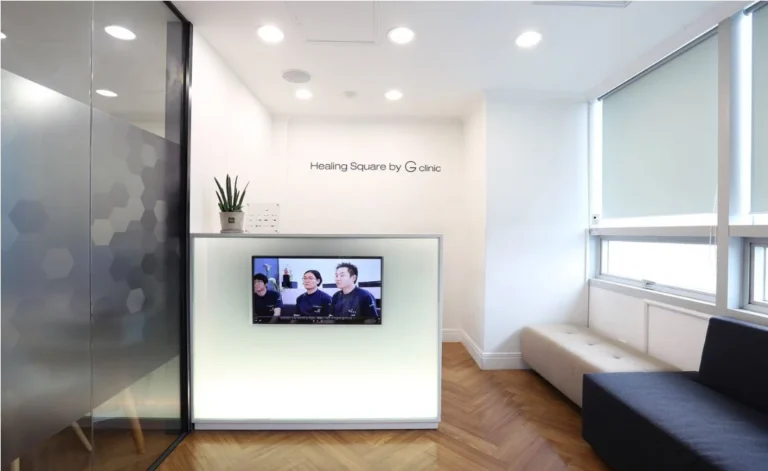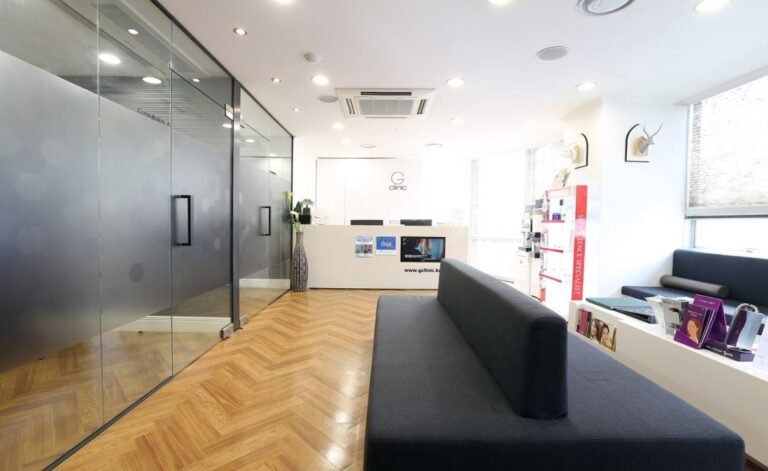South Korea has become one of the world’s most trusted destinations for cosmetic surgery, particularly facial contouring procedures like chin implant surgery. While Korean clinics often cater to international patients, language barriers can still pose a challenge when communicating your goals, expectations, and medical concerns.
Clear communication is key to surgical success, especially for something as personal and precise as facial harmony. This guide will help you understand how to overcome language differences and ensure a safe, smooth experience with your Korean surgeon.
🇰🇷 Is the Language Barrier Real in Korean Clinics?
Yes—but it varies. Many leading clinics in Seoul’s medical tourism hubs (like Gangnam and Apgujeong) have English-speaking staff and even dedicated international coordinators. However:
- Not all surgeons speak fluent English
- Medical vocabulary may be lost in translation
- Subtle differences in aesthetic goals or anatomy terms may lead to misunderstandings
- Post-op care instructions may be miscommunicated if not properly translated
🗣️ Why Clear Communication Is So Important for Chin Implant Surgery
Chin implants are not a “one-size-fits-all” procedure. It requires:
- Precise anatomical understanding
- Customization of implant size, projection, and shape
- Alignment with facial features and cultural beauty ideals
- A clear discussion of risks, recovery, and expectations
Even small communication gaps can lead to:
- Unsatisfactory aesthetic results
- Implant misplacement due to misunderstood goals
- Frustration during recovery if post-op instructions are unclear
- Delays in detecting or managing complications
✅ How Korean Clinics Help Bridge the Language Gap
Top-tier plastic surgery clinics in Korea typically offer:
| Service | Benefit |
|---|---|
| Bilingual coordinators (English, Chinese, Japanese, etc.) | Act as interpreters before, during, and after surgery |
| Translated consultation forms | Helps surgeons understand your goals and concerns clearly |
| English-speaking nurses and recovery staff | Improves your comfort during post-op care |
| Multilingual websites and consent forms | Helps patients prepare before traveling |
| Teleconsultation support | Some clinics offer pre-trip Zoom or video chats with coordinators |
Pro tip: Always check if the surgeon themselves can communicate directly with you, even with limited English. Direct communication builds trust and allows for more nuanced conversation.
📋 Communication Tips for Patients Before Surgery
1. Use Visuals to Explain Your Goals
- Bring photos of yourself (from different angles) for before/after comparisons
- Bring or show inspiration photos of chins or profiles you admire
- Use facial apps or morphing tools to demonstrate your ideal profile line
2. Ask for Written or Visual Materials
- Request before-and-after photos from previous patients
- Ask for implant models or diagrams during consultation
- Use a translator app to clarify terms like “projection,” “symmetry,” or “jaw harmony”
3. Bring a Friend or Hire an Interpreter
If you don’t speak Korean:
- Bring a bilingual friend or family member to your appointments
- Hire a medical interpreter who understands cosmetic terminology
- Some agencies offer full-service translation + escort services
4. Write Down Questions in Advance
Prepare a list of questions like:
- What implant size and shape do you recommend for me?
- Will the incision be inside the mouth or under the chin?
- What are the risks specific to my facial structure?
- What happens if I need revision surgery?
- What type of anesthesia will be used?
5. Confirm Aftercare Instructions in English
Make sure you receive:
- Post-surgery care sheets in your language
- A schedule of follow-up visits
- Guidelines for swelling, bruising, medication, oral hygiene
- Emergency contact numbers in case of complications
📱 Useful Apps & Tools for Language Support
- Papago (Naver) – Best translation app for Korean-English
- Google Translate – Good backup with voice and photo translation
- SayHi – Voice-to-voice real-time interpreter
- iTranslate – Useful for written instructions and signs
🏥 Clinics Known for International Support
Look for Korean clinics that advertise:
- “International patient center” or “foreigner-friendly services”
- Certified medical interpreters on staff
- Experience with global patients (look for reviews from your region)
- Partnerships with travel agencies, concierge services, or translators
✈️ Communication Support After Surgery
After your chin implant surgery, it’s just as important to:
- Confirm follow-up schedule and how long to stay in Korea
- Know when to return if a complication arises
- Request English documentation for future doctors or insurance
If you return home and have questions, top clinics often offer:
- WhatsApp or KakaoTalk communication
- Teleconsultation follow-ups with your coordinator or surgeon
- Assistance with sending X-rays or photos for remote evaluations
🧭 Final Thoughts
Don’t let language worries stop you from getting the aesthetic results you want. With a bit of preparation, you can bridge the communication gap and build a strong, trusting relationship with your Korean surgical team.
When in doubt—ask, clarify, and confirm. Your safety and satisfaction depend on mutual understanding.



